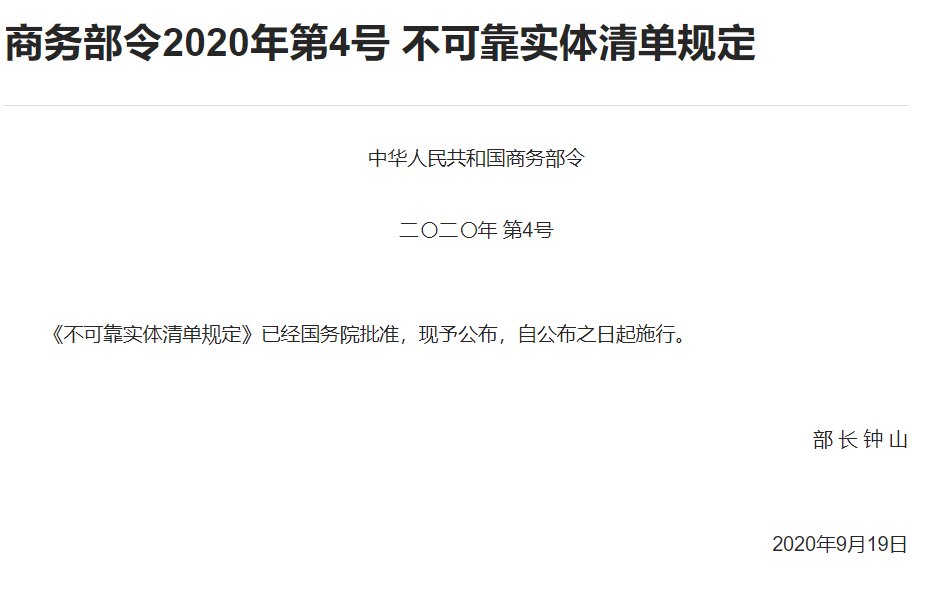
MOFCOM just issued its first order for 2021: Rules on Counteracting Unjustified Extra-territorial Application of Foreign Legislation and Other Measures. Key message:
We are going to prohibit firms from complying with foreign laws prohibiting transactions with Chinese firms.
We are going to prohibit firms from complying with foreign laws prohibiting transactions with Chinese firms.
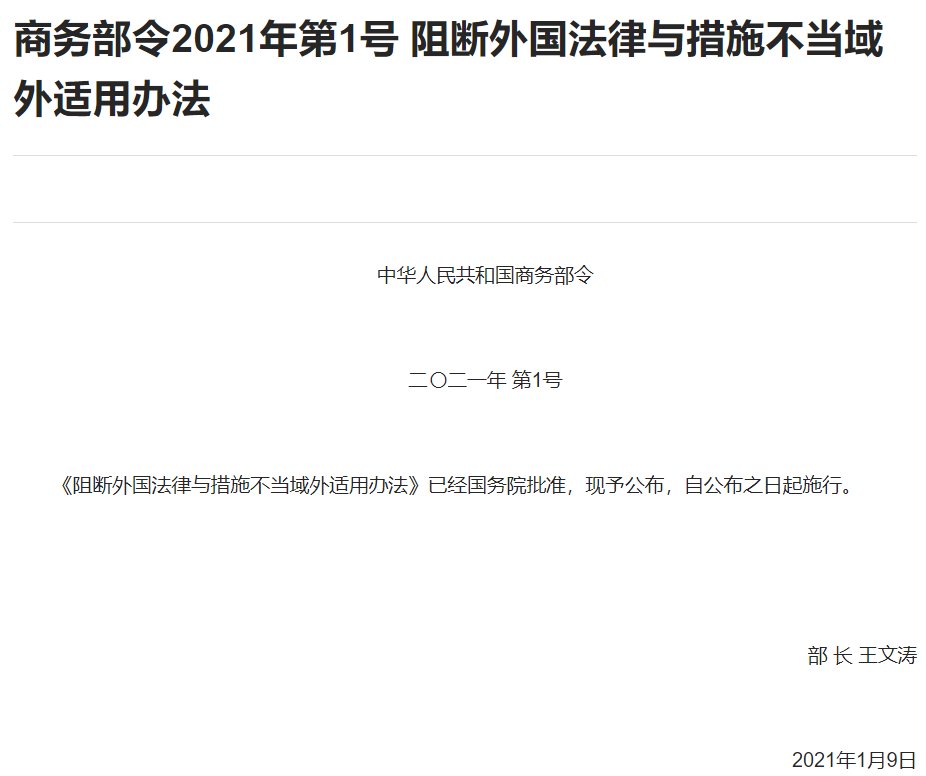
Key provisions:
1. The legislative basis is National Security Law;
2. Chinese firms and individuals are required to report foreign sanctions;
3. MOFCOM may issue injunctions prohibiting firms and individuals from recognizing, enforcing and complying with foreign sanctions.
1. The legislative basis is National Security Law;
2. Chinese firms and individuals are required to report foreign sanctions;
3. MOFCOM may issue injunctions prohibiting firms and individuals from recognizing, enforcing and complying with foreign sanctions.
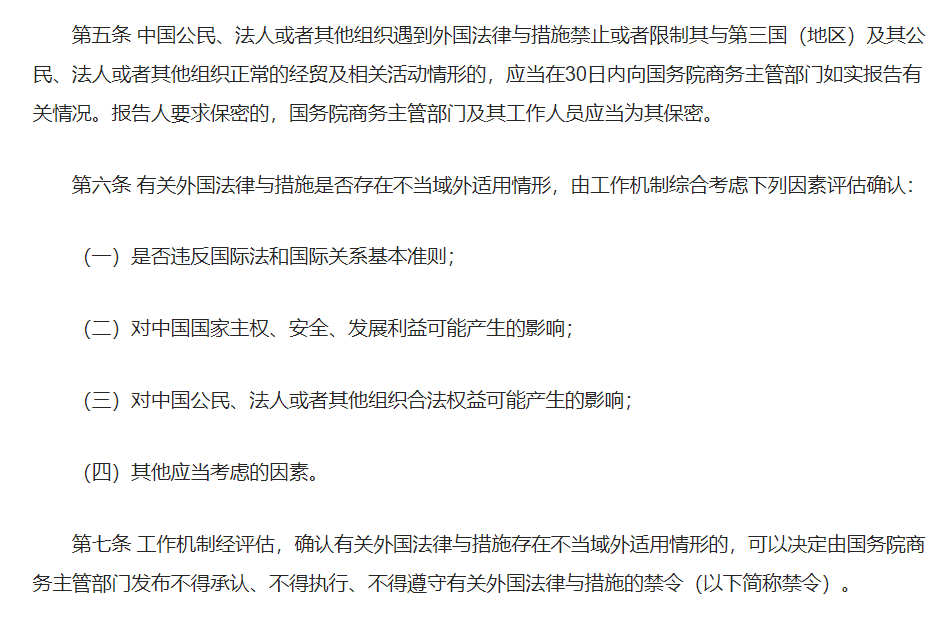
4. Chinese firms suffering loss from another party's compliance with foreign sanctions can sue for damages in Chinese courts. 
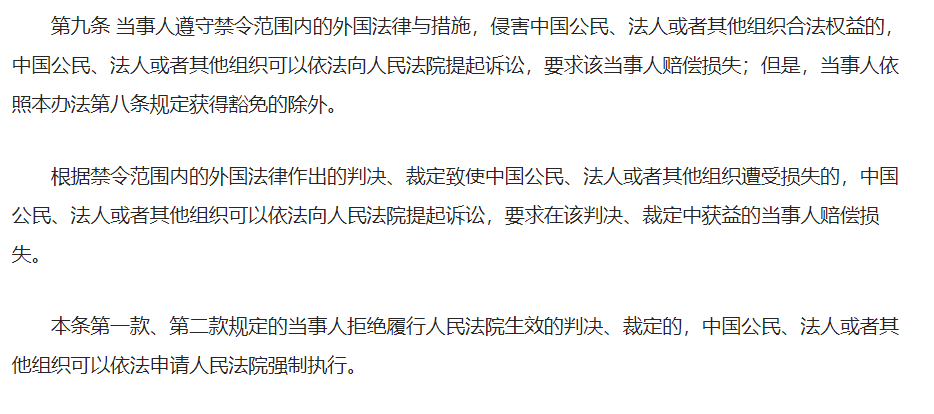
5. China could provide support to Chinese firms and individuals for losses arising from complying with Chinese junctions against complying with foreign sanctions. 

The new rules shall be read together with:
1. US measures banning Wechat, TikTok, Huawei, Alipay etc;
2. China's recent press releases on such measures;
3. China's recent attempt to insert denial of benefits provisions in the #CAI with the EU, as reported by @fbermingham;

1. US measures banning Wechat, TikTok, Huawei, Alipay etc;
2. China's recent press releases on such measures;
3. China's recent attempt to insert denial of benefits provisions in the #CAI with the EU, as reported by @fbermingham;
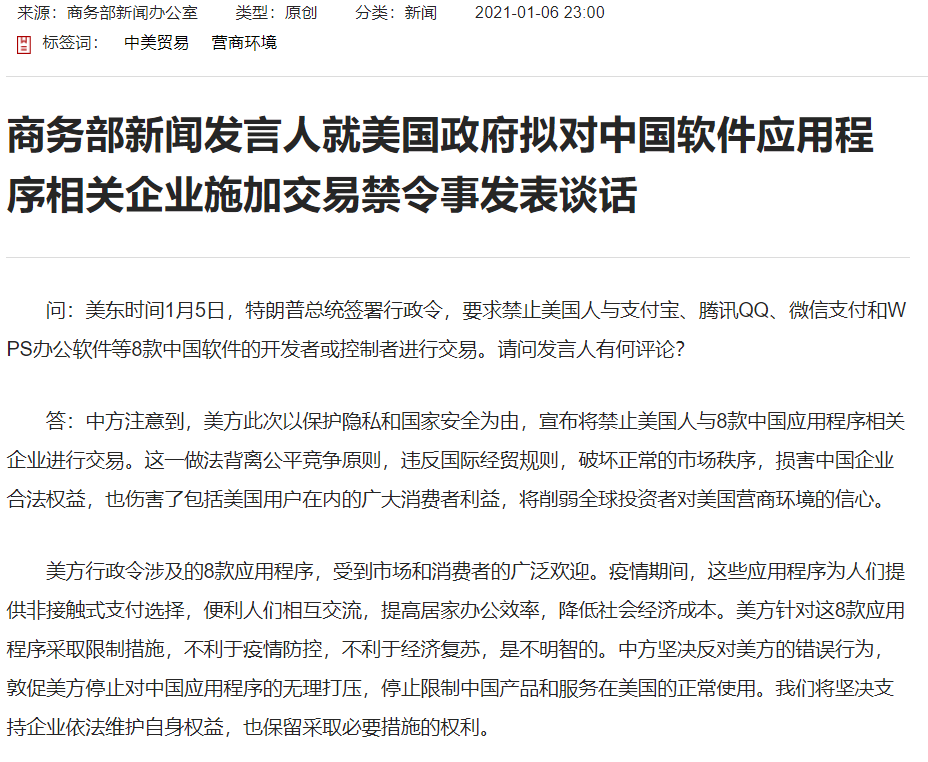
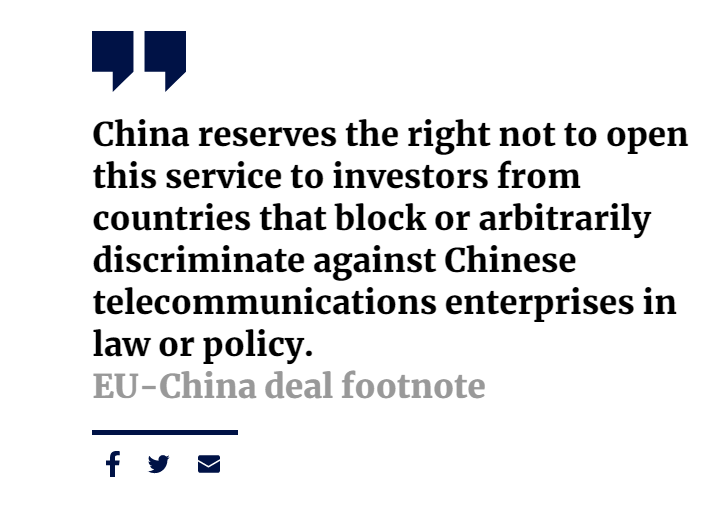
• • •
Missing some Tweet in this thread? You can try to
force a refresh

